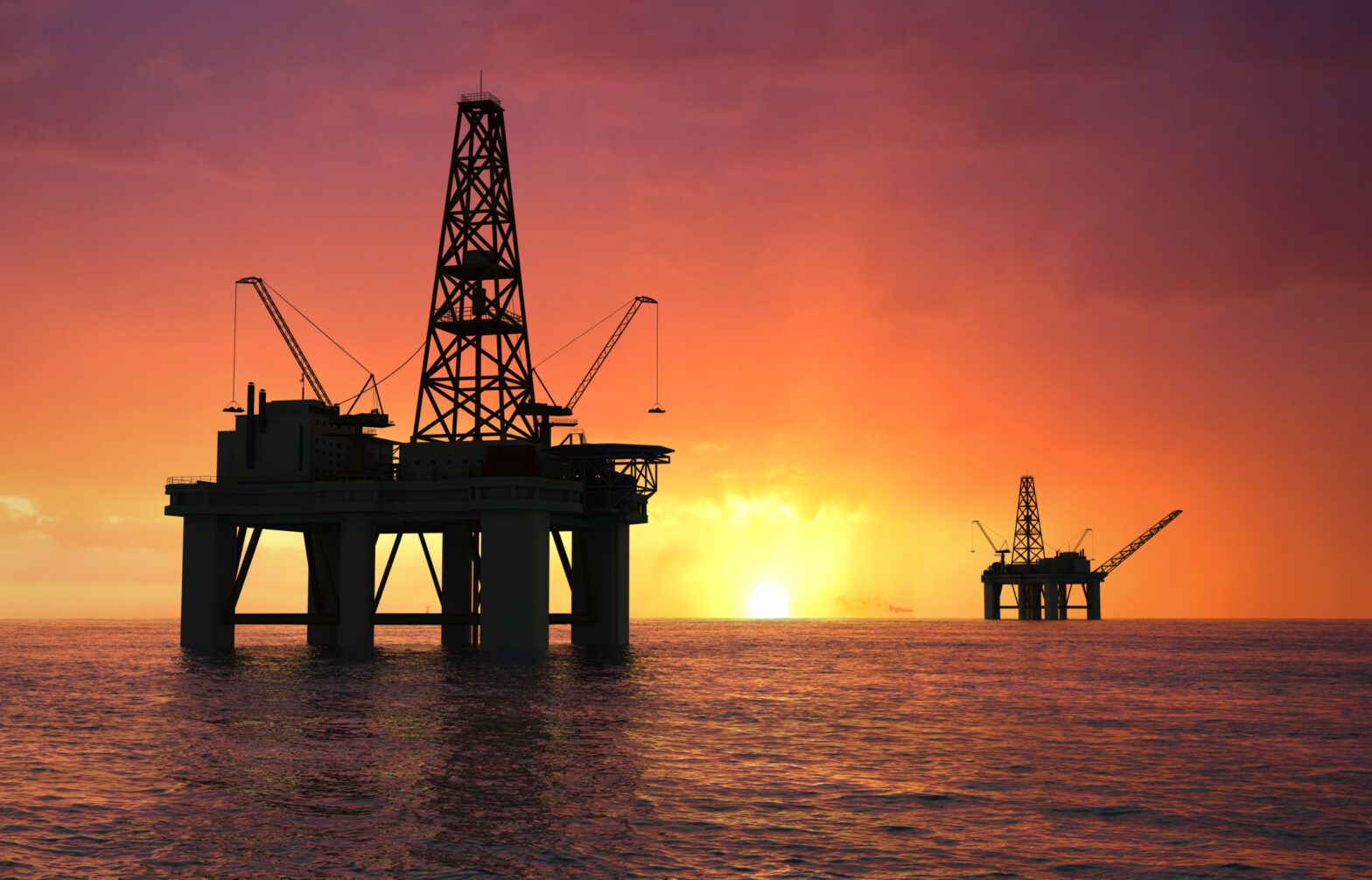Article 9 funds are still underreporting their exposure to fossil fuels, new data has found, with levels of disclosure still generally quite low.
Analysis carried out by sustainability technology platform Clarity AI found many asset managers are submitting European ESG Templates (EETs), despite them being voluntary at this stage, but the level of detail included is minimal.
For example, out of a sample of 830 funds classified as Article 9 under the Sustainable Financial Disclosure Regulation (SFDR), only 10% of funds disclosed the share of their investments that were exposed to fossil fuels. Furthermore, only 5% included a value for the data field “share of investments in companies that have been involved in violations of the UNGC principles of OECD Guidelines for Multinational Enterprises”.
Delving further, Clarity AI’s research team said of the funds that do disclose fossil fuel exposure 21% underreport this on average 4 percentage points (pp) lower than what Clarity AI data shows, but in some cases the difference was up to 13pp.

The Clarity AI team also found discrepancies in data completeness when reporting on UN Global Compact (UNGC) principles and OECD guidelines-related violations; only 43 Article 9 funds reported granular information in their EET and that did include exposure to companies with UNGC principles or OECD guidelines violations. Some 42 funds reported zero exposure, but Clarity AI data suggested 25 of these are investing in at least one company with such violations.
Patricia Pina, Clarity AI’s head of product research and innovation, commented: “Although the EET is still being rolled out, a great deal of information can be gained by analysing existing submissions. It highlights the need for continuous clarity on the regulatory requirements of Article 9 funds while illustrating the need for a reliable data source to uncover violations and exposures.”
The analysis was a follow-up to a whitepaper SFDR: Just how sustainable are Article 9 funds? produced by the firm in November 2022 which found nearly 10% of Article 9 funds have more than 10% exposure to fossil fuels. Out of 15,000 funds assessed by Clarity AI, the Article 9 funds were investing in over 1,250 companies that produce or participate in the distribution of fossil fuels. “While some of these companies have a small share of their revenues coming from activities related to fossil fuels, more than 500 companies earn the majority of their revenues from these activities,” the paper said.
At the start of 2023, Level 2 of the EU’s SFDR came into force aimed at boosting transparency requirements for asset managers. It introduced regulatory technical standards (RTS) to be met by fund providers, which means they will need to supply detailed sustainability-related disclosure obligations, and complete mandatory reporting templates.
The European Commission was forced to respond to requests for clarification around Article 9 in June 2022 as commentators said there was no threshold for funds to be categorised in the ‘darkest green’ category: “For the avoidance of doubt, as stated by the European Commission in its SFDR Q&A from July 2021, financial products that have sustainable investment as an objective should only make sustainable investments,” the Commission said.
Nonetheless, the back-end of last year saw a string of funds being downgraded from Article 9 as asset manager anticipated the Level 2 SFDR rules coming in.
Last year, non-profit Reclaim Finance flagged research by Follow the Money that found nearly half of the 838 European funds – home to some €620bn in assets – classified as Article 9 under SFDR have exposure to aviation or fossil fuels.








